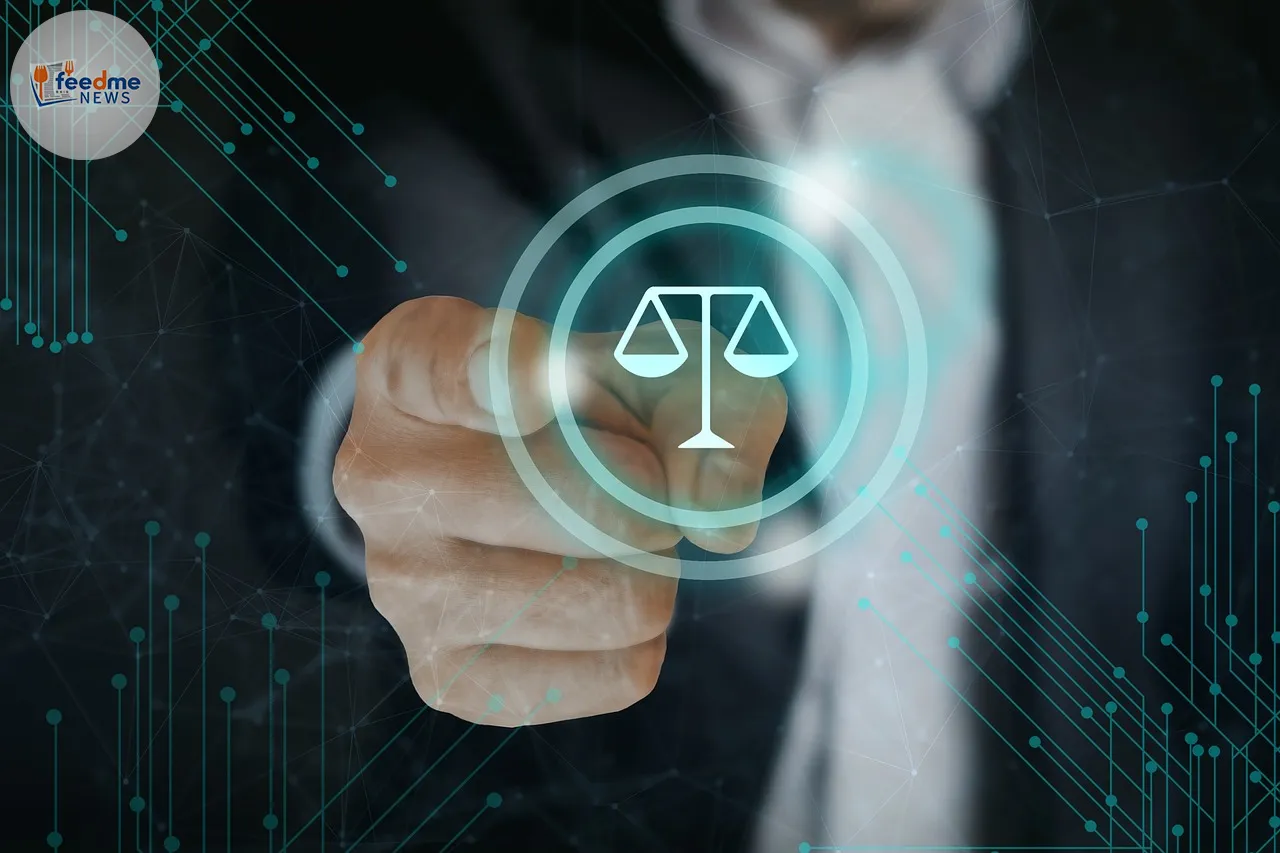Artificial Intelligence (AI) is reshaping industries worldwide, and the legal sector is no exception. The debate over AI’s potential to replace lawyers or merely enhance their work is intensifying. While AI offers remarkable opportunities to optimise legal processes, concerns about job displacement linger. As AI technologies become more sophisticated, the legal profession faces pivotal questions about its future.
AI in the Legal Sector: A Rising Force
AI technologies are increasingly penetrating the legal industry, offering solutions that streamline various tasks. From document review to legal research, AI tools are designed to handle repetitive and time-consuming tasks with precision. Legal firms are adopting AI to improve efficiency, reduce errors, and cut costs. According to a report by McKinsey & Company, AI could automate up to 23% of a lawyer’s job, particularly in administrative tasks.
The application of AI in legal analytics is another area witnessing significant growth. AI can sift through vast amounts of data to identify patterns and trends, which aids in case strategy development. Law firms utilising AI analytics can offer more informed advice to their clients. For instance, AI-driven platforms like ROSS Intelligence have been instrumental in transforming legal research, making it faster and more accurate.

Balancing Efficiency and Employment
Despite AI’s potential benefits, there is apprehension regarding its impact on employment within the legal sector. Many fear that AI could lead to job losses, particularly for junior lawyers and paralegals whose roles involve tasks that AI can perform. However, experts argue that AI is more likely to augment rather than replace legal jobs. By automating mundane tasks, AI allows lawyers to focus on more complex and strategic aspects of their work.
Richard Susskind, a renowned legal futurist, suggests that AI will lead to a reconfiguration of legal work rather than an outright replacement. “Lawyers will need to adapt to a new environment where AI handles routine tasks, freeing them to provide more value-added services,” Susskind explains. The integration of AI in legal work requires a shift in skills, with a greater emphasis on digital literacy and strategic thinking.
Ethical and Regulatory Considerations
The integration of AI into legal work raises ethical and regulatory questions. The use of AI in decision-making processes, particularly in areas like sentencing and parole, has sparked debates about bias and accountability. Ensuring that AI systems are transparent and free from biases is crucial to maintaining fairness and justice in legal proceedings.
Regulatory bodies are grappling with how to oversee AI’s use in the legal sector. In the UK, the Law Society has issued guidelines to help firms navigate the ethical implications of AI. These guidelines emphasise the need for transparency, accountability, and data protection. Lawyers must ensure that AI tools are compliant with existing regulations and do not compromise client confidentiality.
AI as a Catalyst for Innovation
AI is not just a tool for efficiency; it is also a catalyst for innovation in the legal sector. Legal tech startups are emerging, offering AI-driven solutions that challenge traditional legal service models. These startups provide platforms for contract management, due diligence, and even dispute resolution, making legal services more accessible and affordable.
The rise of AI in legal tech is driving collaboration between law firms and technology companies. Firms are forming partnerships to leverage AI technologies, enabling them to offer new services and improve client experiences. This collaborative approach is fostering a culture of innovation, encouraging firms to rethink their service delivery models.
Future Prospects: Adaptation and Growth
As AI continues to evolve, its role in the legal profession will likely expand. Lawyers who embrace AI as a tool for enhancing their practice will be better positioned to thrive in a changing landscape. The focus will shift from routine legal tasks to strategic advisory roles, where human judgement and creativity are indispensable.
The legal education system is also adapting, with law schools incorporating AI and technology courses into their curricula. This shift aims to equip future lawyers with the skills needed to work alongside AI technologies. As the industry evolves, continuous learning and adaptation will be key to success.
In summary, AI presents both challenges and opportunities for the legal profession. While concerns about job displacement are valid, AI’s potential to enhance efficiency and foster innovation cannot be overlooked. The future of law will likely see AI as an integral partner, reshaping the profession in ways that enhance its value and impact.





